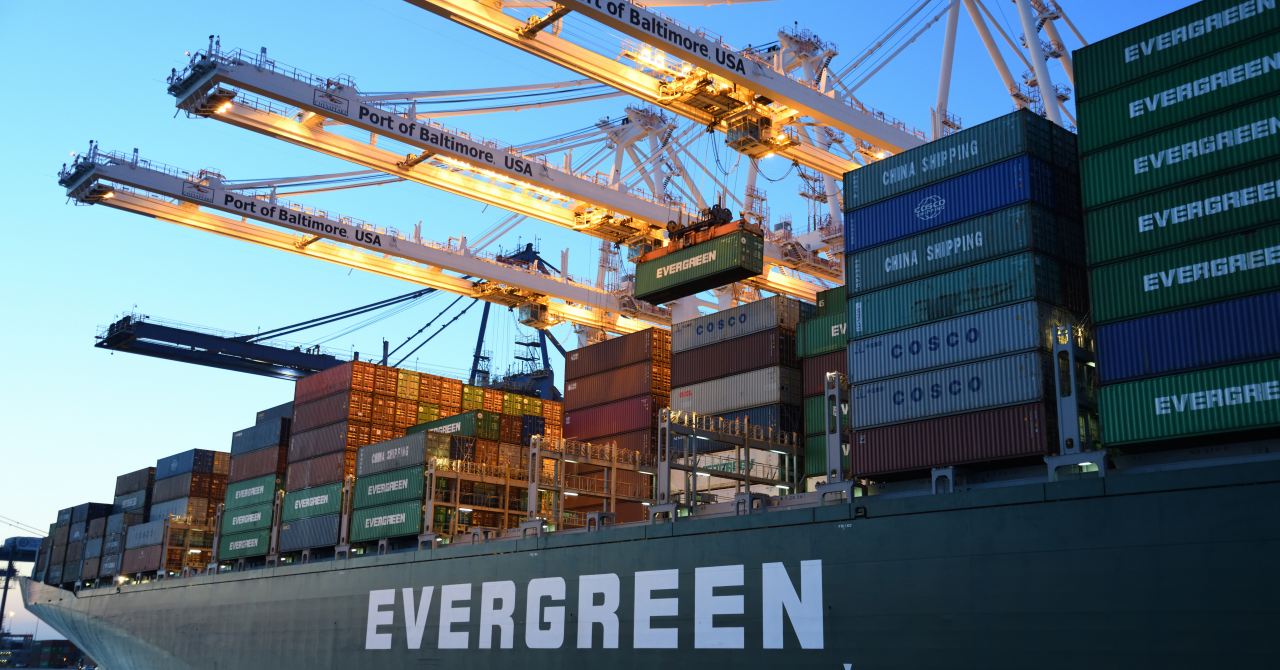According to PV Magazine, a team of researchers at University of California, Berkeley and Lawrence Berkeley National Laboratory published a study which looks into the technical and economic feasibility and also the environmental impact of battery-powered cargo transport ships.
Scientists, who studied a variety of container ships and the 13 major routes that they use, came to the conclusion that over 40% of the cargo ships that roam the world's waters can be electrified "cost-effectively and with current technology" before 2030.
If they were to use today's technology, ships that sail less than 2.000 km would benefit economically from going full-electric, while those who go for as much as 3.000 km are viable from transitioning to green power.
Ships using internal combustion engines (ICE) have environmental and social costs that are three times higher than the price of the actual vessel, while the price of electrified cargo ships is 1/12 that of ICE container ships.
Researchers also suggest that, at current battery prices, cargo ships that travel for less than 1.500 km are economically viable to go electric and their carrying capacity is barely impacted.
They also estimate that, for ships that sail on 5.000 km routes, around 6.5 GWh of battery capacity is necessary.
The type of batteries used is also a thing to consider for companies who want to operate this kind of ships, as for shorter and more frequent trips, lithium iron phosphate batteries are the better option, since they charge faster and have long life cycles.
Nickel manganese cobalt oxide batteries could prove the best options for ships that take long travel distances and spend a lot of time in docks, waiting to be loaded and unloaded, as these batteries have higher energy densities.
Also, battery-powered ships are said to be as much said 80% more energy efficient compared to fossil-powered container vessels and they use about 30% less energy.
 Mihai - Cristian Ioniță
Mihai - Cristian Ioniță












Any thoughts?